Director
Professor Peta Ashworth OAM
Professor Ashworth is a renowned expert in energy, communication, stakeholder engagement, and technology assessment. She has researched public attitudes towards climate and energy technologies, including wind, carbon capture and storage (CCS), solar photovoltaic, storage, geothermal and hydrogen, for almost two decades. An accomplished speaker and educator, she actively promotes energy literacy globally and contributes to policy briefings and educational events.
Prior to joining Curtin University, Professor Ashworth was the Director of the Andrew N. Liveris Academy for Innovation and Leadership, and Chair in Sustainable Energy Futures at The University of Queensland (UQ). She was also Chair of the Queensland Hydrogen Taskforce and is a member of CSIRO Hydrogen Mission Advisory Board. Professor Ashworth brings over thirty years’ experience working in a range of senior management, consulting and research roles.

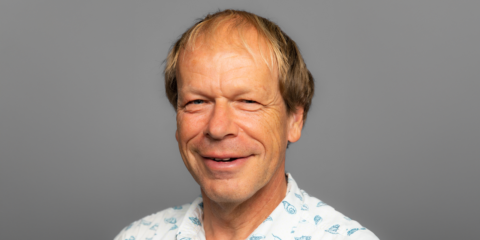
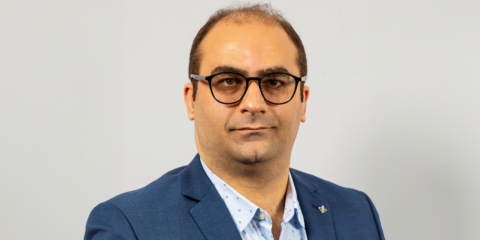
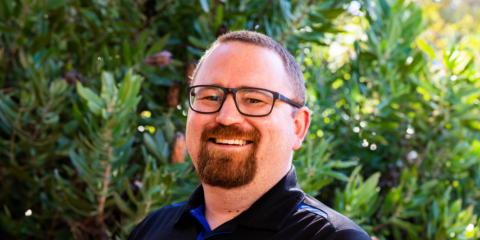
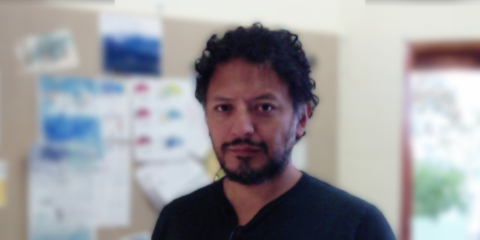
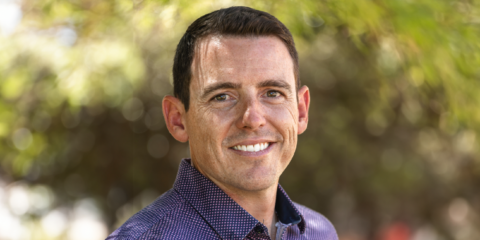
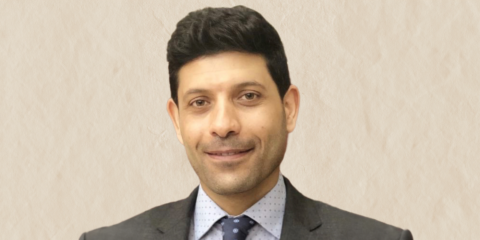
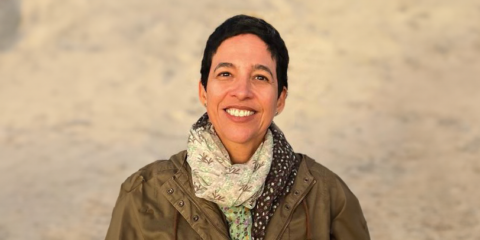
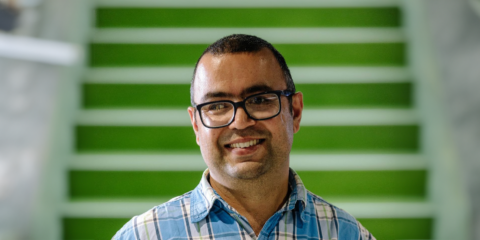
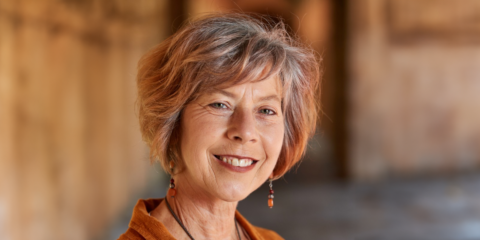
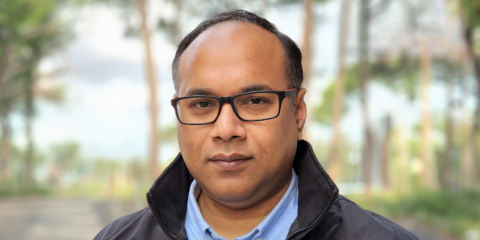
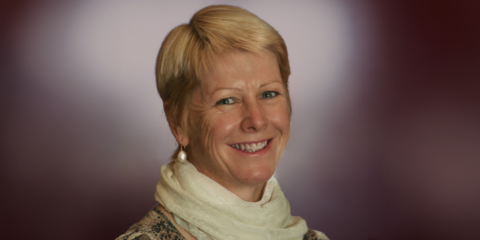
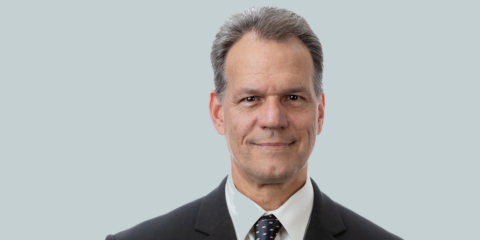
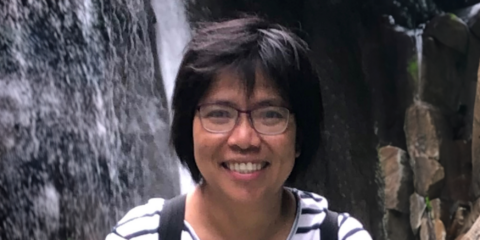
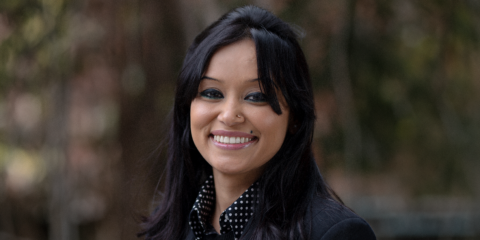
Social licence and technology in society
Professor Peta Ashworth
Peta Ashworth is a renowned expert in energy, communication, stakeholder engagement, and technology assessment. She has researched public attitudes towards climate and energy technologies for almost two decades, actively promotes energy literacy globally and contributes to policy briefings and educational events.